Understanding Paraffin Inhibitors
Paraffin inhibitors are essential chemicals in various industrial processes, particularly in the textile and crude oil sectors. These specialized agents play a crucial role in enhancing the quality and durability of fabric products and in maintaining the flow efficiency in oil pipelines by mitigating paraffin deposition.
Types and Applications
There are diverse types of paraffin inhibitor chemicals tailored to meet specific industry needs. In the textile industry, they are applied to fabrics to improve texture and strength. Conversely, paraffin inhibitors crude oil industry utilizes are formulated to prevent wax build-up in wells and pipelines, ensuring uninterrupted flow and reducing maintenance costs.
Features and Materials
The efficacy of a paraffin inhibitor is characterized by its solubility and compatibility with various materials. Most are water-soluble, facilitating easy dilution and application. They are also versatile, suitable for a range of synthetic fabrics, including polyester and nylon, as well as being an effective component in the oil extraction and processing industry.
Advantages of Paraffin Inhibitors
Using a wax inhibitor in fabric production can significantly enhance the tactile qualities of textiles, imparting softness and improving tensile strength. In the petroleum sector, these inhibitors are a cost-effective alternative to traditional methods, offering protection against wax deposition without the need for frequent pipeline intervention.
Storage and Handling
Proper storage and handling are paramount for maintaining the integrity of paraffin inhibitor products. Suppliers typically ensure that these chemicals are sealed and stored in cool, dry conditions to prolong shelf life and prevent degradation.
Choosing the Right Paraffin Inhibitor
Selecting the appropriate paraffin inhibitor depends on the intended application and desired properties, such as purity and pH levels, to avoid fabric contamination or damage. Packaging is another consideration, with suppliers offering robust options to prevent leaks and ensure safe delivery.


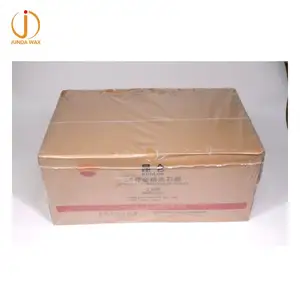



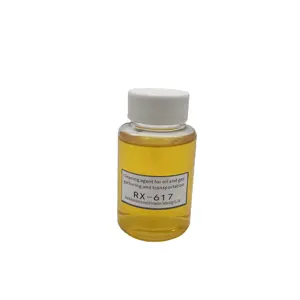

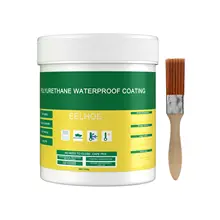

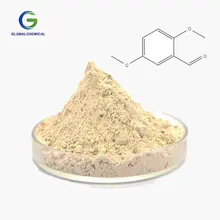
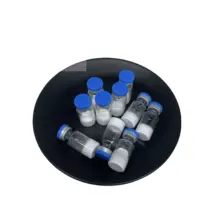



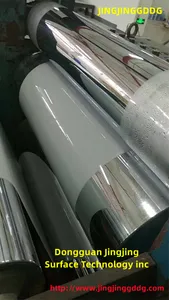

























 浙公网安备 33010002000092号
浙公网安备 33010002000092号 浙B2-20120091-4
浙B2-20120091-4